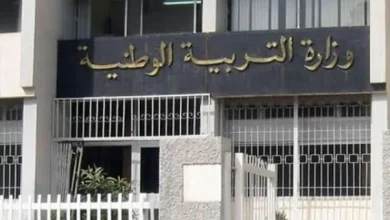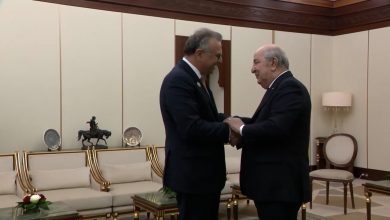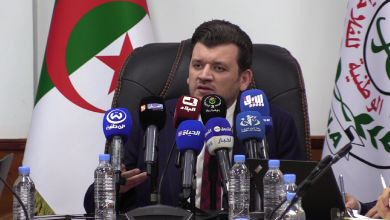The Trump administration has announced an agreement with the government of Liberia to accept migrant Kilmar Abrego, whose case has become a flashpoint in the ongoing debate over U.S. immigration policy. This development follows Abrego’s highly controversial and allegedly unlawful deportation to El Salvador in March, a move widely seen as emblematic of the administration’s hardline stance on immigration enforcement. According to a court filing by the U.S. Department of Justice, Abrego could be deported to Liberia as early as October 31st.
The case has been fraught with legal challenges and accusations of political motivation. Abrego’s legal team argues that he has no connection to Liberia and that the decision to deport him there is punitive and constitutes cruel and unusual punishment. They maintain that Abrego’s family resides in Maryland and that sending him to a country with which he has no ties effectively amounts to exile.
Federal Judge Paula Xinis in Maryland has temporarily stayed Abrego’s deportation pending a ruling on a petition for his release from detention. The impact of the agreement with Liberia on the court’s decision remains uncertain. This stay highlights the intense legal scrutiny surrounding the case and the questions being raised about the legality of the deportation proceedings.
The Liberian Ministry of Information has confirmed that it agreed to accept Abrego on what it termed “humanitarian grounds” and on a temporary basis. The ministry emphasized that Abrego would not be deported to any country where he might face persecution or torture. Liberia’s willingness to accept Abrego makes it the first African nation to agree to Washington’s request after initial attempts to persuade Uganda, Eswatini (formerly Swaziland), and Ghana proved unsuccessful. The reasons for the other nations’ reluctance have not been officially disclosed, but likely involve concerns about setting a precedent for accepting migrants deported by the U.S. and potential strains on their own resources.
The U.S. government alleges that Abrego is a member of the notorious MS-13 gang, a claim vehemently denied by his defense team. Abrego’s lawyer, Simon Sandoval-Moshenberg, has characterized the selection of Liberia as a “punitive, cruel, and unconstitutional” measure, underscoring the lack of connection between his client and the West African nation. He has also suggested that the charges against Abrego are retaliatory, stemming from his decision to seek legal recourse against the government.
For more information about Sports, check our dedicated section.
Adding another layer of complexity, a court hearing is scheduled for November in Nashville, Tennessee, to determine whether the charges leveled against Abrego were brought in retaliation for his legal challenges. Legal observers suggest that any deportation prior to this hearing could significantly prejudice the outcome of the proceedings, potentially undermining Abrego’s ability to defend himself against the allegations. This aspect of the case underscores the concerns about due process and the potential for abuse of power in immigration enforcement.
The government of Costa Rica has reportedly expressed willingness to receive Abrego, offering an alternative solution that would keep him closer to his family and within the Western Hemisphere. However, the Trump administration has so far declined this option, opting instead to pursue the agreement with Liberia. The reasons for this preference remain unclear, but could be related to a desire to send a strong message about the consequences of illegal immigration or to avoid setting a precedent for accepting migrants rejected by other countries.
The Abrego case has become a symbol of the broader debate over immigration policy in the United States. Critics argue that the administration’s approach is overly harsh and disregards due process rights, while supporters maintain that it is necessary to enforce immigration laws and protect national security. The case also highlights the challenges faced by migrants who are accused of criminal activity but have not been convicted of any crime.
The legal and political battles surrounding Abrego’s fate are likely to continue for some time. The outcome of the November hearing in Tennessee, as well as the decision by the Maryland judge on the petition for Abrego’s release, will be crucial in determining the next steps in the case. Regardless of the final outcome, the Abrego case has already had a significant impact on the national conversation about immigration and the rights of migrants. It has also raised important questions about the role of international cooperation in addressing migration challenges. The situation serves as a potent reminder of the human cost of immigration policies and the importance of ensuring fairness and due process in all immigration proceedings. The case also raises ethical questions about the responsibility of nations to accept individuals facing potential persecution or mistreatment in their home countries, even if they are accused of criminal activity. The long-term implications of this case remain to be seen, but it is clear that it will continue to be a subject of intense debate and scrutiny in the months and years to come. The case exposes the deep divisions within the United States regarding immigration and the complexities of balancing national security concerns with humanitarian obligations. It also underscores the importance of international law and the need for countries to work together to find humane and sustainable solutions to migration challenges.



